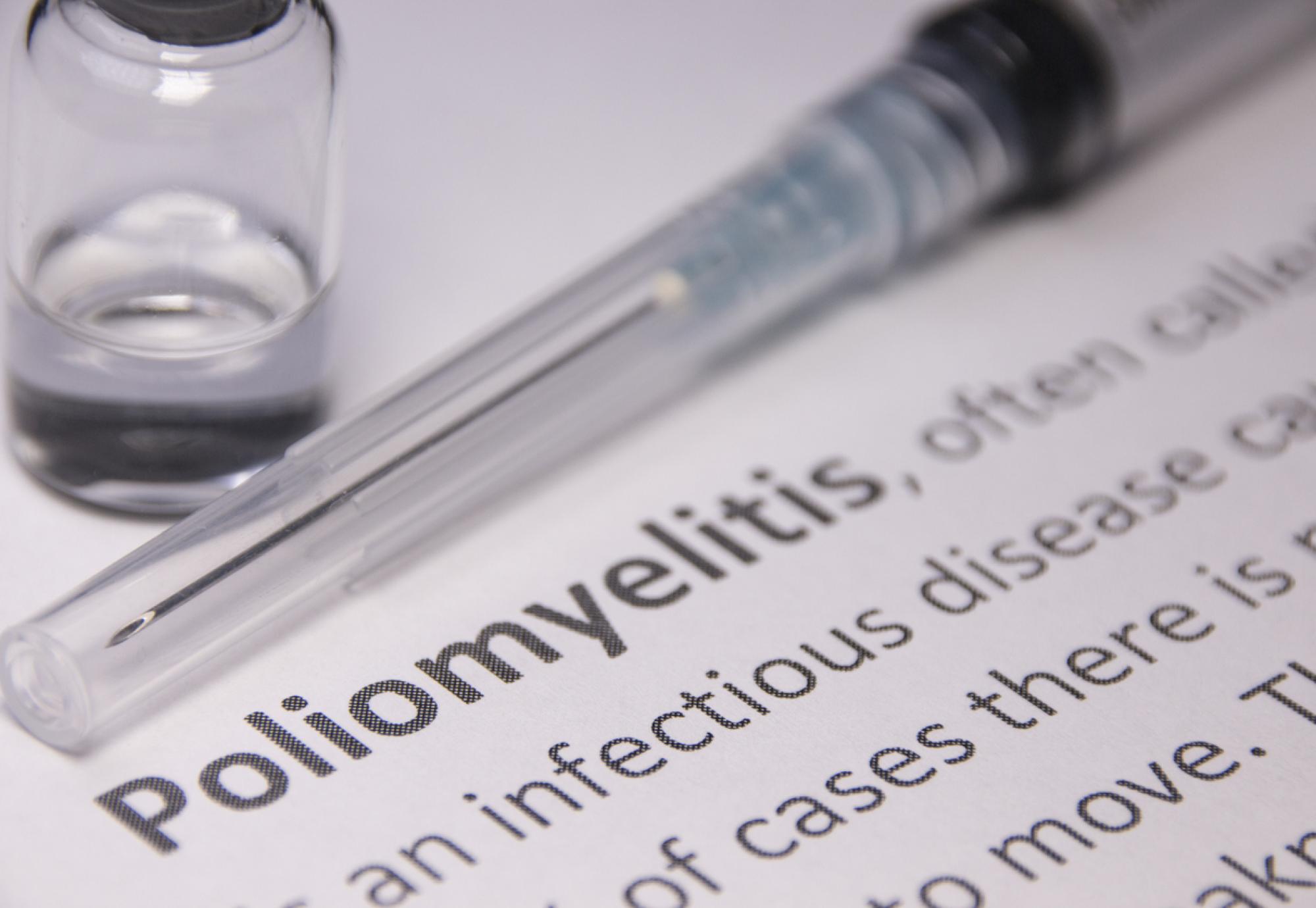The UK could be set to initiate a major global health boost after new research revealed how to halve how long it takes to detect polio.
The discovery was outlined in a new study published in Nature Microbiology and shows that a technique called Direct molecular Detection and Nanopore Sequencing (DDNS) can save public health authorities crucial time and money.
DDNS has already been used to detect Covid-19 and involves samples being tested in the country where an outbreak occurred, rather than shipping them to specialist laboratories abroad.
By using this method, the time it takes for transport can be reduced from an average of 42 days to just 19 days, in turn speeding up the response times of local authorities and minimising spread.
The project was conducted in the Democratic Republic of Congo (DRC) and was a collaboration between various partners, including:
- Institut National de Recherche Biomédicale in the DRC’s capital, Kinshasa
- Medicines and Healthcare products Regulatory Agency (MHRA)
- Imperial College London
- University of Edinburgh
- World Health Organization
- Bill and Melinda Gates Foundation
Over a six-month period, DDNS testing completed in the DRC was reported to have more than a 99% accuracy.
Research fellow at Imperial College London’s school of public health, Dr Alex Shaw, said: “This method allows the rapid confirmation of polio strains, facilitating swifter vaccine responses that can reduce the number of polio cases stemming from an outbreak.”
He continued: “Development and validation of the method has been the result of fruitful collaboration between a consortium of many partners.”
Image credit: iStock



















